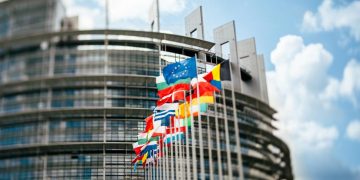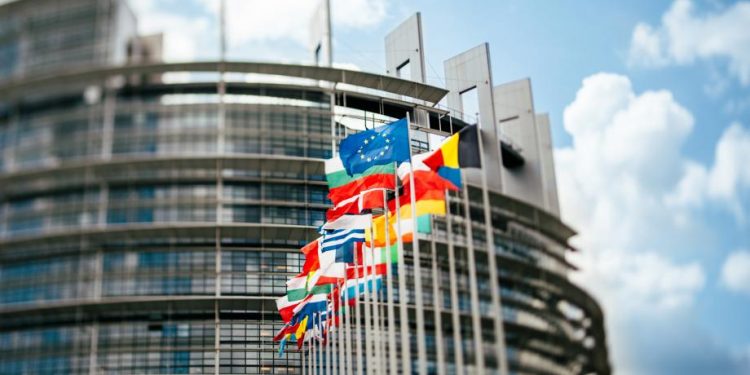EUROPE – French President Emmanuel Macron has voiced strong criticism toward the Netherlands for not standing in solidarity with crisis-stricken EU neighbors such as Italy and Spain. Speaking in an interview on Thursday with the British newspaper Financial Times, Macron slammed the Dutch and German responses to the European Union crisis, calling them a threat to the “very functioning of Europe and the eurozone”.
“So today I have a problem,” Macron declared. “And tomorrow, given the shock we are going through, do you think they will be able to absorb the given situation? No. And so we need financial transfers as a gesture of solidarity, for Europe.”
Macron’s criticism centers around the back-and-forth wrangling among member states about how best to financially rescue EU countries most grievously impacted by the Covid-19 outbreak. The Netherlands, Finland and Germany stood in opposition to France and to most other European countries, which seek to issue ‘coronabonds’ in order to take on cheap loans and a mutualized system of debt. Such a move would benefit several poorer-performing economies such as Italy and Spain, and the brash way the Netherlands refused prompted accusations about the Dutch commitment to the EU, and a partial apology from the Dutch finance minister.
“Can Greece and Spain today bring the same state aid as Germany and the Netherlands?” Macron asked rhetorically. “No.”
“I am in constant dialogue with Angela Merkel and Mark Rutte,” he adds, “and I think that they’re very concerned on the question of a moral dilemma.”
As of yet, the Netherlands is still reluctant to embrace ‘coronabonds’, believing them to be a fiscally irresponsible measure. This is despite the former Dutch Central Bank head Nout Wellink voicing his disagreement with the government’s position, alongside a wider concern that the government is acting out of selfishness.
The French president pointed out further that other EU countries have not yet taken into account the impact of Italy being the first hit, a fact which gave other countries time to prepare.
“I would say that we have negative externalities from Italy or Spain because we learned from what they did,” Macron said. “How much is it worth? What is the cost to Germany, Finland and France that Lombardy was struck for several weeks before we learned about it?” he asked.
“It is worth something.”
Macron visited a wide range of subjects during his interview with Financial Times, dealing primarily with the political and economic chaos being wrought by the Covid-19 crisis. According to him, if European countries continue to refrain from showing solidarity, there will be an inevitable descent into populism. “We are at the moment of truth,” Macron said, consisting of “knowing if the EU is a political project, or a market project.”


















